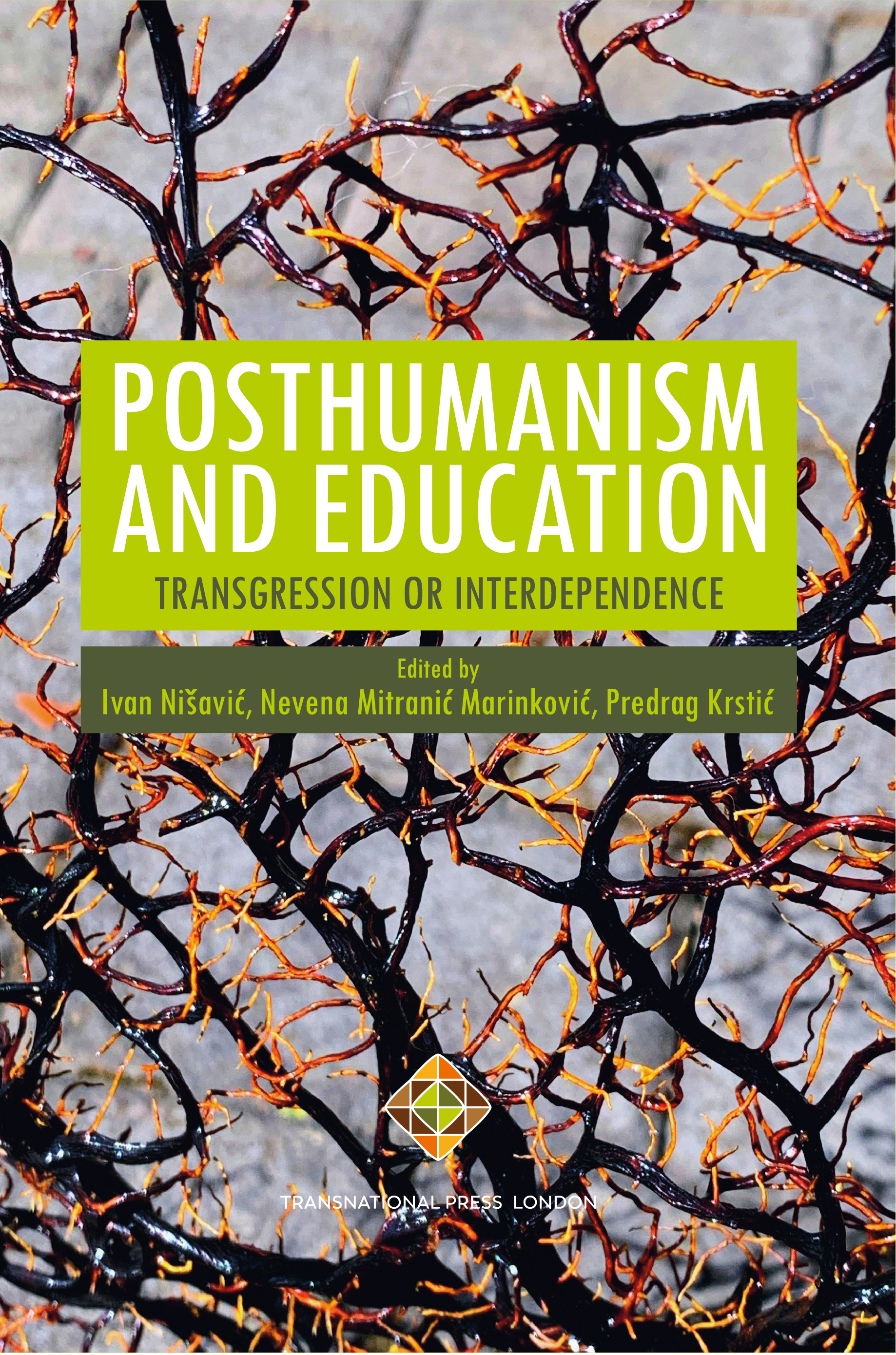Nietzsche Contra Transhumanism
Nietzsche Contra Transhumanism
Author(s): Miloš Agatonović
Subject(s): Social Philosophy, 19th Century Philosophy
Published by: Transnational Press London
Keywords: Nietzsche; transhumanism; zeitgeist; contemporary; progress of technology; science; enhancement; Nietzschean; power; ontology; truthfulness; nobility; philosophy;
Summary/Abstract: The Zeitgeist of the contemporary age is characterized by the progress of technology and science, which enables the enhancement of every aspect of human life, even of human nature itself. The transhumanist movement justifies the enhancement of human nature, while certain theorists regard Nietzsche as a predecessor of transhumanism in those terms. In the book We Have Always Been Cyborgs (2022), Stefan Sorgner develops a conception of transhumanism inspired by his reading of Nietzsche, recommending the use of gene technologies and cyborg technologies as “the most promising means for expanding human boundaries” (Sorgner 2022: 8). Sorgner’s basic premise is the Nietzschean will to power ontology, according to which the will to power as the fundamental drive underlies all human actions, and so, “moral systems and virtues are also a result of this underlying drive” (Sorgner 2022: 116). The will to power ontology represents a naturalistic worldview which enables “Nietzsche’s task of naturalizing ethics”: in virtues, such as “truthfulness” and “nobility” in Nietzsche’s philosophy, “the will to power can find its immediate expression” (Sorgner 2022: 117).
Book: Posthumanism and Education: Transgression or Interdependence
- Page Range: 129-137
- Page Count: 9
- Publication Year: 2024
- Language: English
- Content File-PDF

